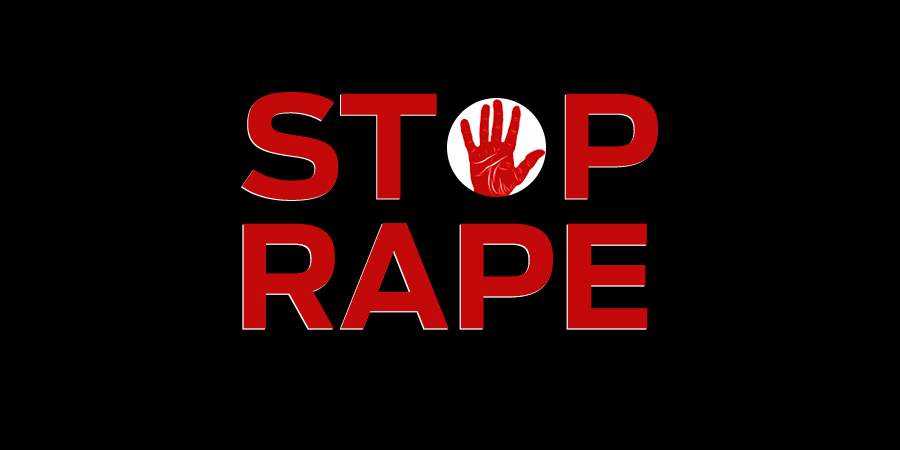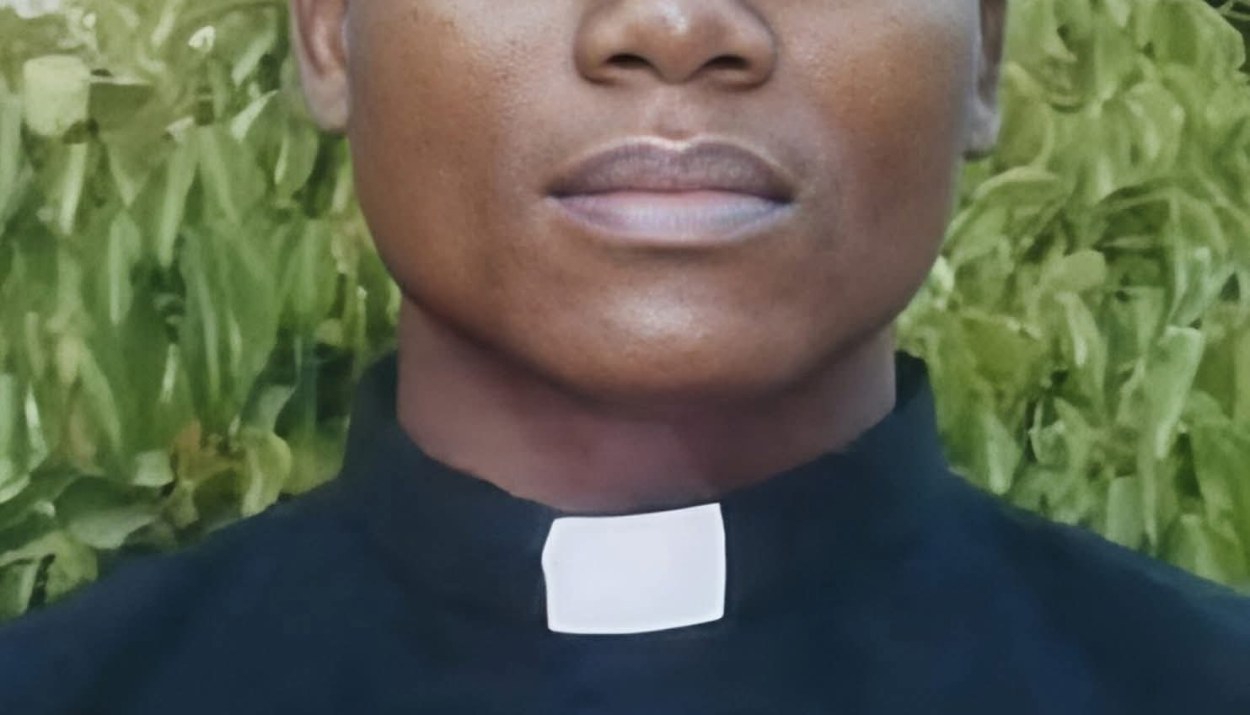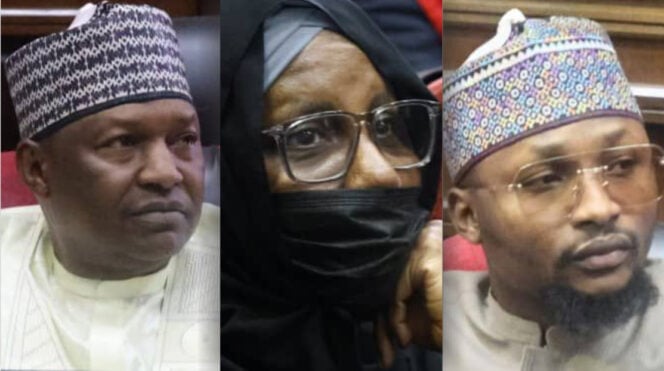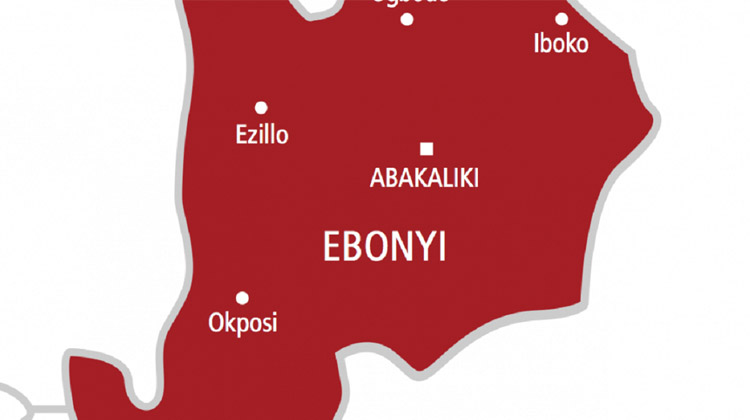
By Chiamaka Okafor
Nigeria still hates its women. That sounds ridiculous, I know. Sadly, it is as true as the fact that we were all conceived by the coming together of a sperm and an egg. Walk with me.
Nigeria still hates its women. It is sixty years of existing as a nation through thick and thin, ups and down, men and women together, yet women get no proper acknowledgement in a nation they helped to build.
This is not a gender battle; it is a battle for humanity. This is about the human’s inhumanity to fellow humans.
Twenty-one years into democracy, women have stood by this land, our land of milk and honey. Yet, their tongues taste no milk or honey; whatever honey we think women have tasted, came with turmoil and resilience; it was not on a platter. Yet, they have rights as citizens. Rights they cannot enjoy.
Politically, Nigeria hates its women; its women are the enemy, it seems, as far as the politics of the country is concerned. They are not allowed to occupy elective offices because they are tagged as ‘weak’; because they belong to the other room and the kitchen; because the true place of a woman is considered as being behind a man. Still, there are the other thousand and one reasons why women are not allowed to occupy elective offices. Even though women are compensated with appointments within the political system, they are still generally not allowed to assert themselves in these positions.
Socially, Nigeria detests its women. Statements like, “Women do not speak in the gathering of men”, still echo in different gatherings, both verbally and non-verbally. Women tend to get shut up in a gathering of men. They cannot be seen in front, otherwise they are considered as being too forward or trying to outshine the men. The women are approached through a strategy of containment, by saying: “Let us protect you”, when they are not really concerned about their safety?
I am tempted to ask if rapists do not get tired of the same old game? But how can they get tired when in a clime in which our laws appear toothless in stopping our leaders from getting tired of looting? How can they get tired when the good people of this country have decided to be quiet when the victim is not their wives, sisters, daughters, mothers, nieces, aunts or grandmothers?
One could go on and on and all the instances of how Nigeria hates its women will not be exhausted. But still stay with me.
Every day, somewhere in Nigeria, a female (young or old) is being harassed in so many different ways. Top on the list is through RAPE, which is ever recurring. I am tempted to ask if rapists do not get tired of the same old game? But how can they get tired when in a clime in which our laws appear toothless in stopping our leaders from getting tired of looting? How can they get tired when the good people of this country have decided to be quiet when the victim is not their wives, sisters, daughters, mothers, nieces, aunts or grandmothers? How can they get tired when the victim is the one who is stigmatised and not the rapist?
Some of the most insensitive commentaries in relation to the situation of the victim are: What was she doing there at that time of the day? Why did she go there in the first place? How could she have been so careless? How could she not know that she could get raped?
All these questions usually occur whenever a rape case is reported. And those who ask these never seem to get it that: She was out because she needed to and has the right to move out about freely. Perhaps, Nigeria has legally allocated a time during which women are not allowed to move about, otherwise they become game for predators.
Also: How did she not know he was a rapist? Seriously? Could it be because this is yet to be engraved on the foreheads of potential violators?!!!
Just recently, it looked like war had been declared on young girls, from the killing of Tina, a 17-year-old, the shock of whose demise people were yet to come to terms with, before which there was the news of the rape of a 12-year-old by 11 men. Then shortly after, there was 22-year-old Uwa who was raped and battered in a church. Doesn’t it appear clearer how Nigeria hates its women?
Yearly, groups and individuals clamour for proactiveness towards all of these ugly occurrences and it falls to the rocks every single time. We have now resorted to hashtags and merely coming up on social media to say “I condemn this or that”.
We all can certainly come together to do something serious about the menace of rape in our society. Recently, when the incidence of robberies spiked in Lagos, people rallied in different ways and put a stop to these, in a manner that has been largely successful till date. We can do the same with the alarming incidence of rape in our midst.
Dear opinion leader, it is not enough to come on social media to say you condemn this or that, we have come past the stage of making statements for the timeline; do something tangible about the ongoings: sponsor a bill to facilitate timely justice delivery, join peaceful citizens protests, amplify the voices of the oppressed on your platforms, say something if you know something, give information to the appropriate bodies. There is a lot you can do other than a statement for the timeline.
Parents are not left out of this: Those of them who stifle the voice of their girls, who are brave enough to talk about their nasty encounter with violators. They are often bothered about the family’s reputation and not the well being of their children, but what is a family all about, without the concern about the mental wellbeing of the children? This repressive attitude needs to stop, if we wish to fight a gnawing culture of rape in our society, because when we stifle the voices of the violated/victims, we enable the rapists and give their dark pursuits wings to fly.
Yes! We all can certainly come together to do something serious about the menace of rape in our society. Recently, when the incidence of robberies spiked in Lagos, people rallied in different ways and put a stop to these, in a manner that has been largely successful till date. We can do the same with the alarming incidence of rape in our midst.
To think there is a law in Nigeria that seeks to tackle this issue, yet many can hardly recall this ever being triggered into action, and towards justice and deterrence. Why are there many people above the law? At least if the incidence is growing and there is no concommitant rise in the numbers of prosecution, then something darkly unholy is thriving, which we all appear complicit in.
The Violence Against persons (prohibition) Act (VAPP) was passed into law in May 2015. Five years after, we are yet to see this law take real effect. Even then, and more disturbingly, only 10 States in Nigeria have domesticated this law. What about the other 26 States? Could they be enablers of violence against and the violation of our fellow citizens?
Chiamaka Okafor is with the Premium Times Centre for Investigative Journalism (PTCIJ), Abuja.








